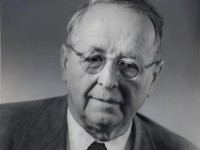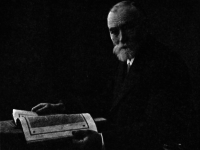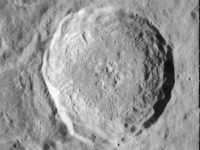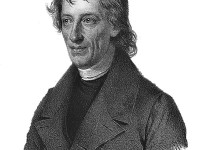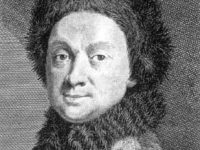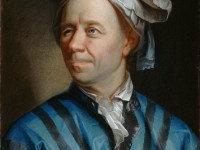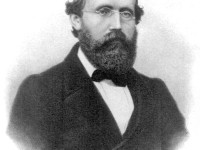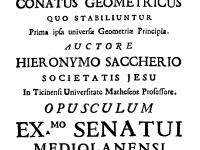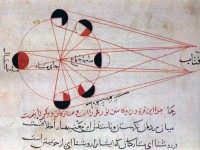Hermann Weyl – between Pure Mathematics and Theoretical Physics
On November 9, 1885, German mathematician, theoretical physicist and philosopher Hermann Weyl was born. Weyl was one of the most influential mathematicians of the 20th century. His widely varied contributions in mathematics linked pure mathematics and theoretical physics. He made significant contributions to quantum mechanics and the theory of relativity. He attempted to incorporate electromagnetism into the geometric formalism of general relativity. “In these days the angel of topology and the devil of abstract…
Read more

